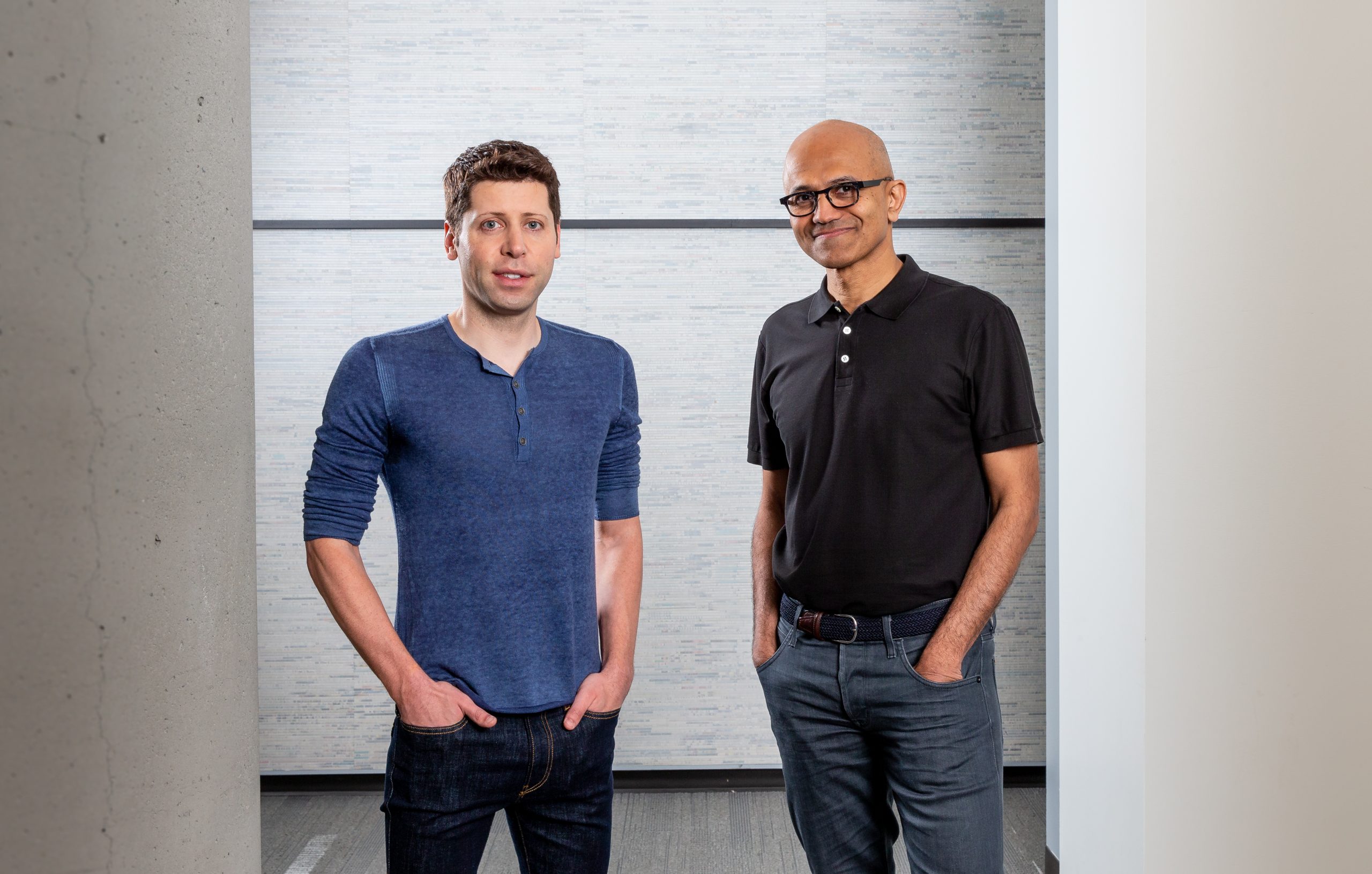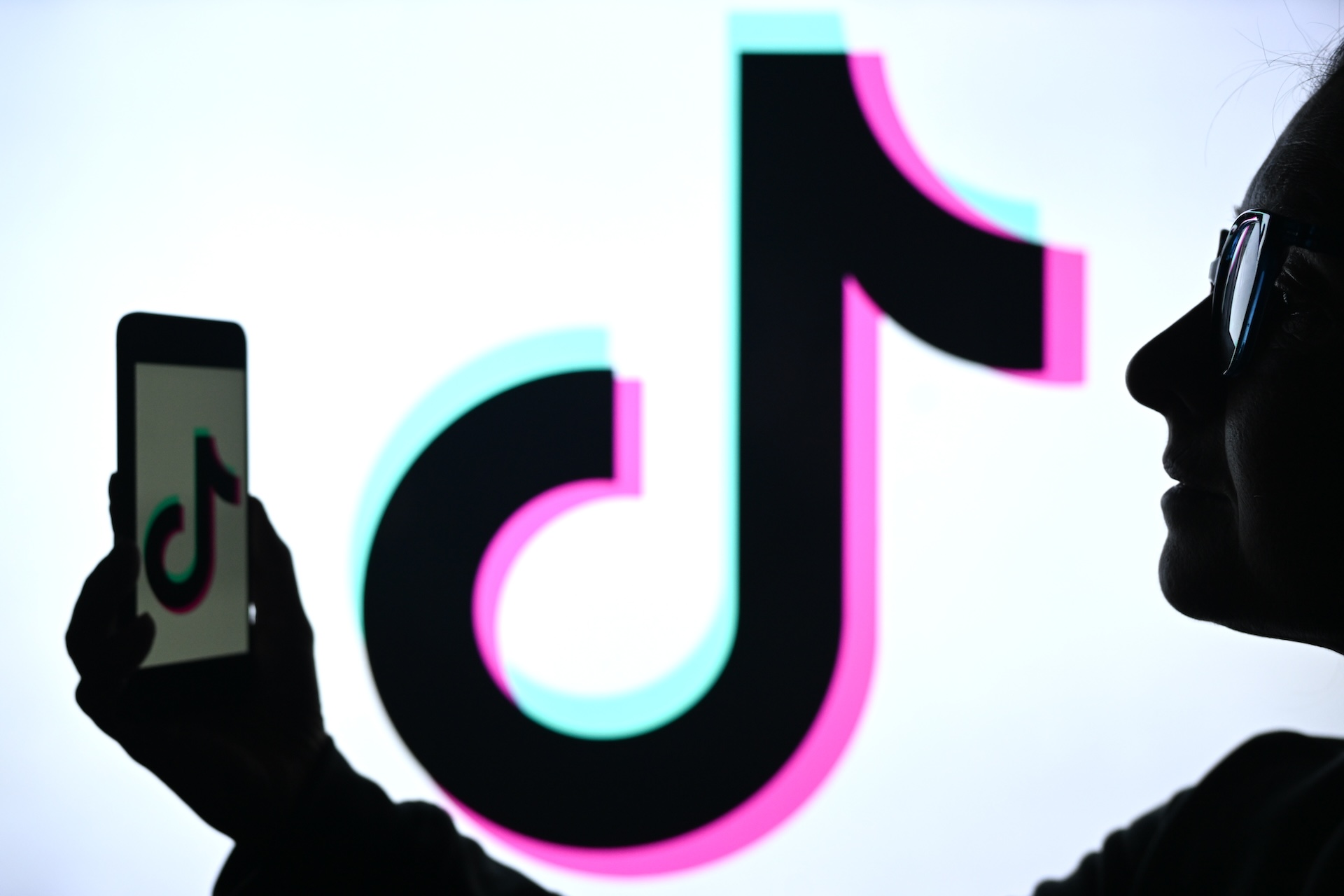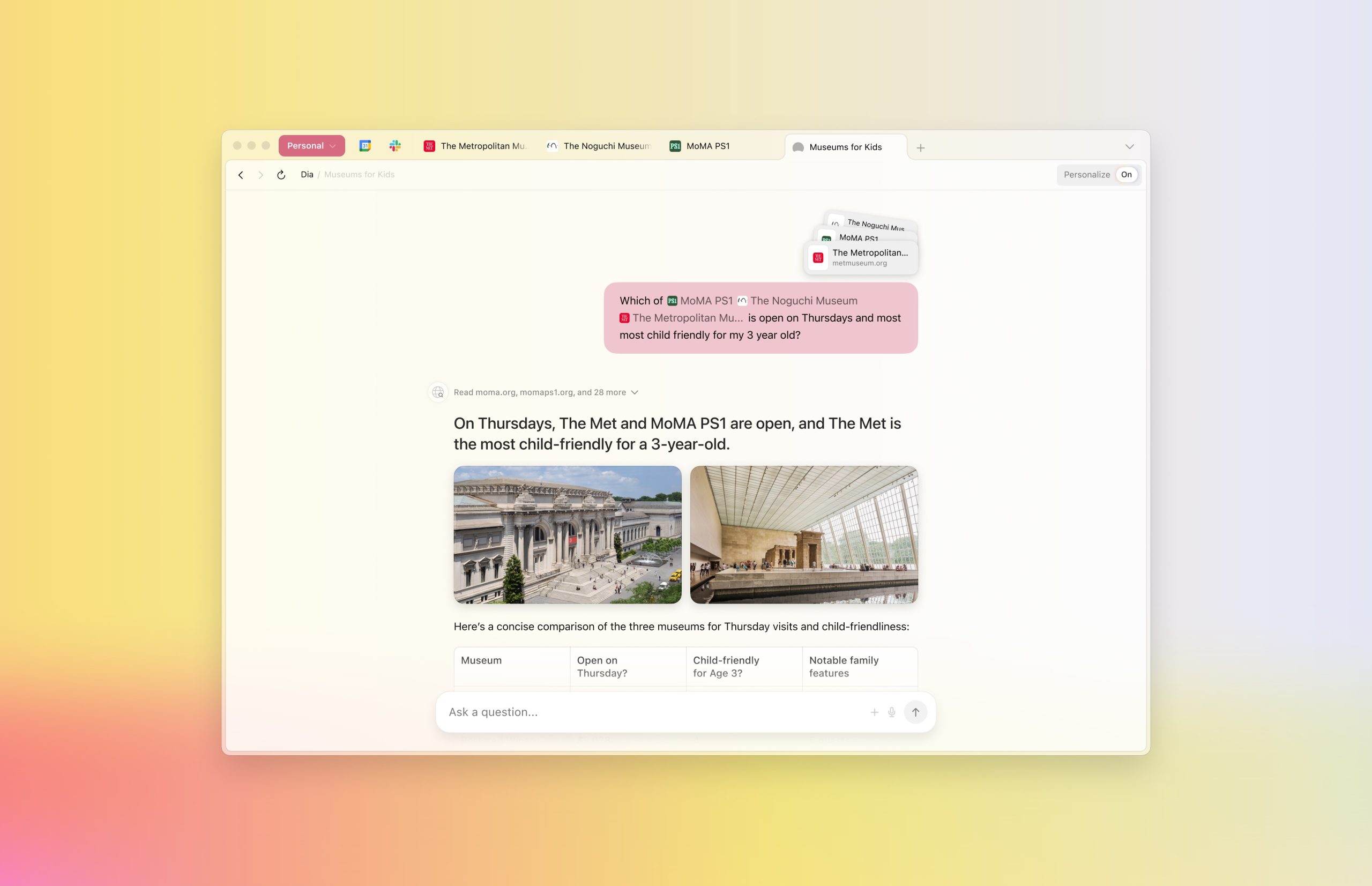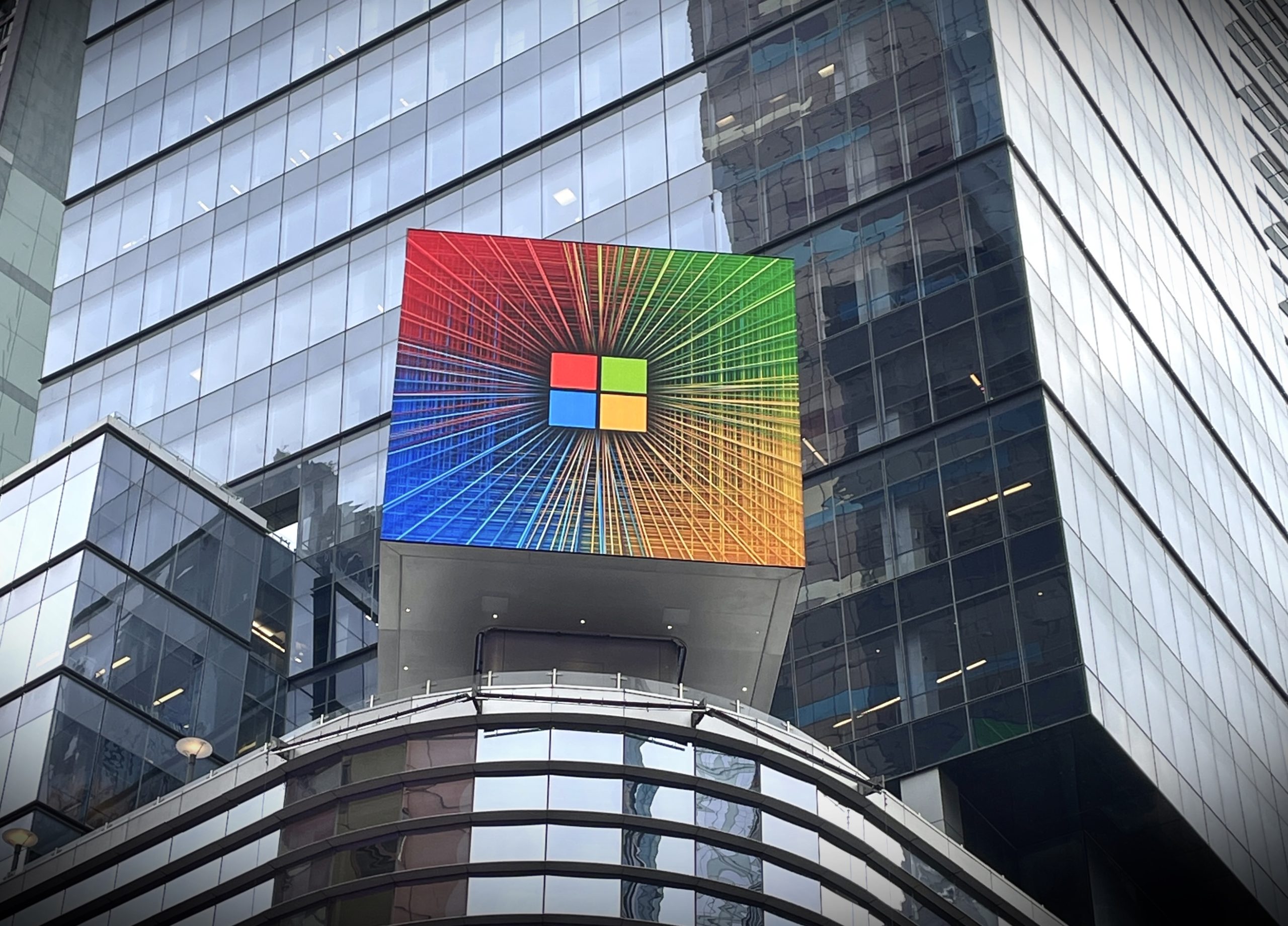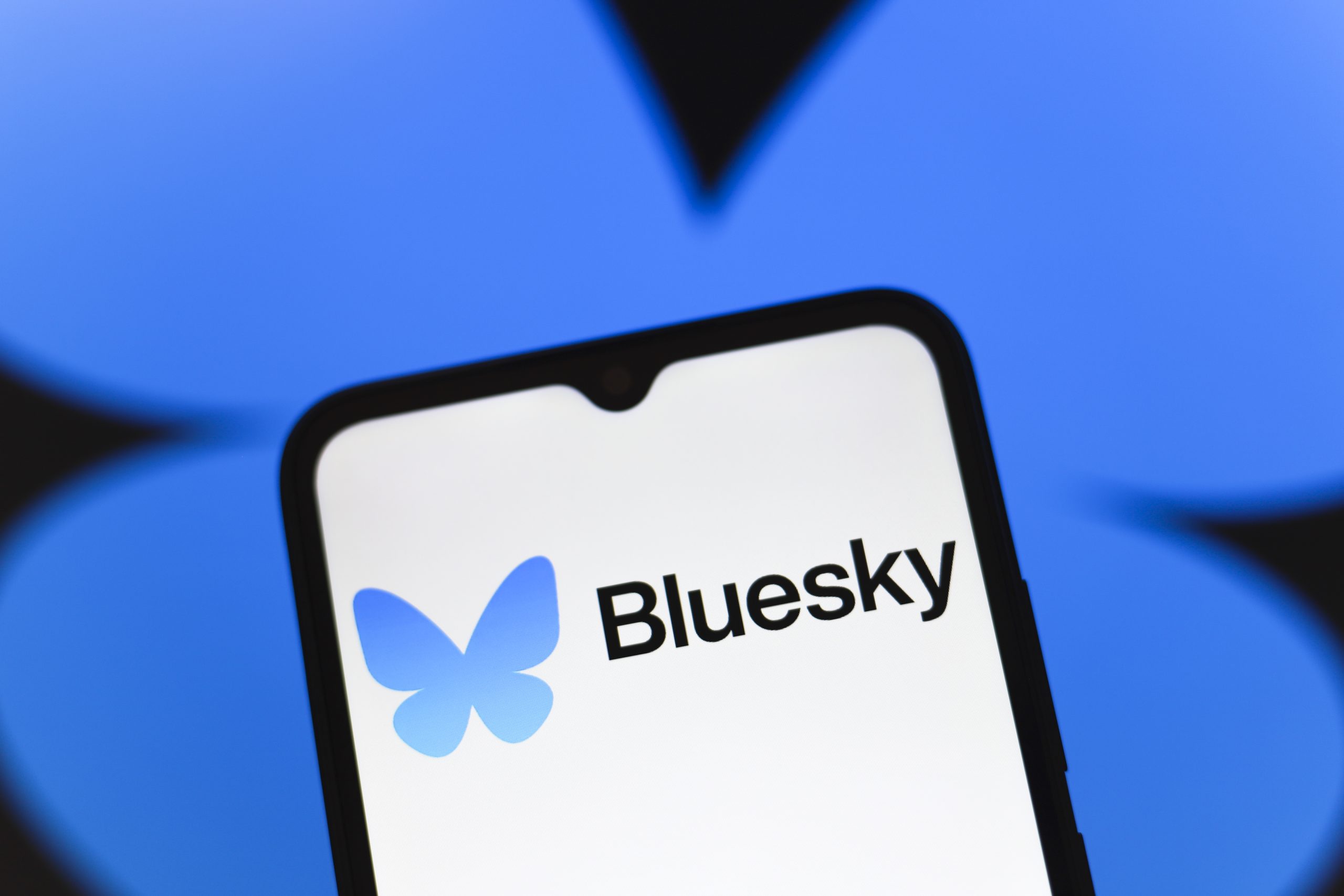
In a significant development for its sprawling social network, Meta announced on November 3, 2025, a pivotal update to Facebook Groups, enabling administrators to transition their previously private communities to public visibility without exposing sensitive past content or member identities. This strategic enhancement addresses a long-standing challenge for group creators who often found themselves limited by initial privacy choices, providing a flexible pathway for growth while upholding the privacy expectations of existing members. The update is poised to redefine how community managers strategize their expansion, offering a nuanced approach that seeks to balance discoverability with the sanctity of private discourse.
The Genesis of Facebook Groups and Evolving Privacy Paradigms
Facebook Groups, initially conceived as digital gathering spaces for shared interests, causes, or affiliations, have evolved dramatically since their inception. Launched in 2007, these groups quickly became a cornerstone of the Facebook experience, allowing users to connect on a deeper level than traditional friend networks or public pages. Over the years, they diversified into three primary privacy settings: "Public" (content visible to anyone), "Private" (content visible only to members, group discoverable), and "Secret" (content visible only to members, group not discoverable). This tiered system aimed to cater to a spectrum of needs, from broad public discussions to highly intimate support circles.
However, the rigidity of these settings often presented a dilemma for administrators. Many groups begin as small, private enclaves, fostering trust and candid conversation among a select few. As these communities mature, their administrators frequently recognize the potential for broader impact, be it for a nascent business, a local cause, or a burgeoning hobby. The previous inability to convert a private group to public without either sacrificing all historical content or starting a new public group from scratch was a significant barrier. This often meant losing the accumulated value of past discussions, shared resources, and established community culture, forcing a difficult choice between growth and legacy.
The new functionality from Meta reflects a broader industry trend and a strategic pivot within Facebook itself. Following years of emphasis on public-facing content and an "open" internet, Meta, particularly under CEO Mark Zuckerberg, has increasingly articulated a vision for a "privacy-focused social platform." This shift acknowledges the growing user demand for more intimate, controlled online interactions, even as the company simultaneously seeks to enhance the discoverability and reach of its platform’s features. This update to Groups represents an attempt to bridge these two seemingly contradictory objectives: fostering private connections while facilitating public expansion.
Navigating the Transition: Safeguarding Member Data
The core innovation of this update lies in its meticulous approach to data segregation during the conversion process. When an administrator decides to change a private group’s status to public, the platform implements a series of safeguards designed to protect the privacy of existing members and their historical contributions. Crucially, all past content — including posts, comments, and reactions made before the conversion — will remain private. This historical data will only be visible to individuals who were members of the group prior to the change, as well as to the group’s administrators and moderators. Similarly, the list of members who joined when the group was private will remain confidential, visible only to the administrative team.
The process itself is designed with transparency and collective decision-making in mind. An admin initiates the privacy change from the group’s settings page. Upon this action, all other administrators of that group are immediately notified. A critical three-day window is then activated, during which any co-admin can review the proposed change and, if they disagree, cancel the conversion. This democratic safeguard aims to prevent unilateral decisions that could disrupt group dynamics or violate collective trust.
Furthermore, individual members are informed about the impending change. Following the conversion, when a member attempts to post or comment for the first time in the newly public group, they receive an additional reminder regarding the group’s updated privacy status. This multi-layered notification system is intended to ensure that users are fully aware of the new visibility rules for their future interactions.
Once the group successfully transitions to public, any new posts, comments, and reactions will be visible to a much broader audience. This includes anyone on Facebook, as well as individuals who are not logged into the platform, much like any other public group or page content. This public exposure also enhances the group’s discoverability through external search engines like Google, allowing these communities to appear in search results for related queries, thus significantly boosting their potential reach. Should the public status prove unsuitable, administrators retain the flexibility to revert the group to private at any time, though the implications for content visibility would again need careful consideration.
Market and Social Impact: A Dual-Edged Sword for Community Building
This update carries substantial implications across various dimensions, affecting administrators, members, Meta itself, and the broader digital landscape.
For Group Administrators and Communities: The most immediate and apparent benefit is the newfound flexibility for growth. Administrators of niche hobby groups, local community forums, support networks, or even small businesses leveraging Facebook Groups for customer engagement can now expand their reach without sacrificing their accumulated content. This could lead to a surge in membership for groups previously constrained by their private status, fostering more vibrant and diverse discussions. Businesses, in particular, stand to gain, as they can nurture a private community of loyal customers before opening it up to a wider audience, using the initial private phase for feedback and development. The ability to be indexed by search engines also provides a powerful new avenue for organic discovery, potentially reducing reliance on paid promotion.
However, this increased discoverability also introduces challenges. Larger, more public groups often require more robust content moderation to manage spam, misinformation, and uncivil discourse. Administrators may find themselves needing to scale their moderation efforts, potentially requiring more volunteers or dedicated resources. Maintaining the original culture and intimacy of a group as it grows exponentially can also be difficult, as the influx of new members might dilute the shared understanding or niche focus that defined the private phase.
For Facebook Users: For those seeking communities, the update offers easier access to a wider array of groups. Users might discover valuable resources, support networks, or interest groups that were previously hidden behind a private wall. However, the update also places a greater onus on users to understand the nuanced privacy settings. While Meta has implemented safeguards for past content, the psychological shift from participating in a private space to a public-facing one, even with guarantees, could lead to privacy fatigue or a sense of unease for some members. The expectation of privacy, once set, is difficult to completely re-establish, and users might need to be more vigilant about what they share in newly public groups.
For Meta and the Digital Landscape: From Meta’s perspective, this feature serves multiple strategic objectives. It directly addresses a pain point for a significant segment of its user base – group administrators – potentially boosting engagement and satisfaction. By making more content indexable by search engines, Facebook can draw in users who might not actively search within the platform, expanding its overall user base and increasing time spent on the app. This move reinforces Facebook’s position as a central hub for community building, a critical differentiator in a competitive social media landscape increasingly fragmented by platforms like Discord, Reddit, and various niche forums. It also subtly contributes to Meta’s broader data strategy, as more public content can provide valuable insights into trends and interests, albeit within the confines of privacy regulations. The update aligns with Meta’s push towards a more "meaningful social interaction" paradigm, suggesting that facilitating both intimate and expansive communities is key to its future.
Neutral Analytical Commentary: Balancing Act in the Digital Agora
The introduction of this privacy-preserving conversion tool for Facebook Groups represents a delicate balancing act for Meta. On one hand, it acknowledges the organic evolution of online communities and provides administrators with a much-needed tool to adapt their groups to changing needs and aspirations. This flexibility can unlock significant growth potential, fostering broader discussions and greater impact for a multitude of causes and interests. It demonstrates Meta’s responsiveness to user feedback and its commitment to evolving its core community features.
On the other hand, the update underscores the perpetual tension between privacy and discoverability in the digital age. While Meta has implemented robust technical safeguards to protect historical content and member lists, the very act of converting a group from private to public fundamentally alters its perceived nature. Trust, once established in a private setting, is a fragile commodity. Despite notifications and technical assurances, some users may feel a sense of betrayal or a diminished sense of control over their online environment. The psychological contract of a private space is inherently different from that of a public one, and even with the best intentions, Meta must contend with the subjective experiences and expectations of its diverse user base.
The success of this feature will largely depend on clear communication from Meta and responsible implementation by group administrators. Transparency about the conversion process, diligent moderation in newly public groups, and a continued focus on user education regarding privacy settings will be paramount. As online communities continue to play an increasingly central role in information dissemination, social connection, and civic engagement, Meta’s ability to innovate responsibly while prioritizing user trust will be a critical factor in its long-term relevance. This update is a step towards a more adaptive community platform, but its true impact will unfold as administrators and members navigate the complexities of their newly flexible digital spaces.
